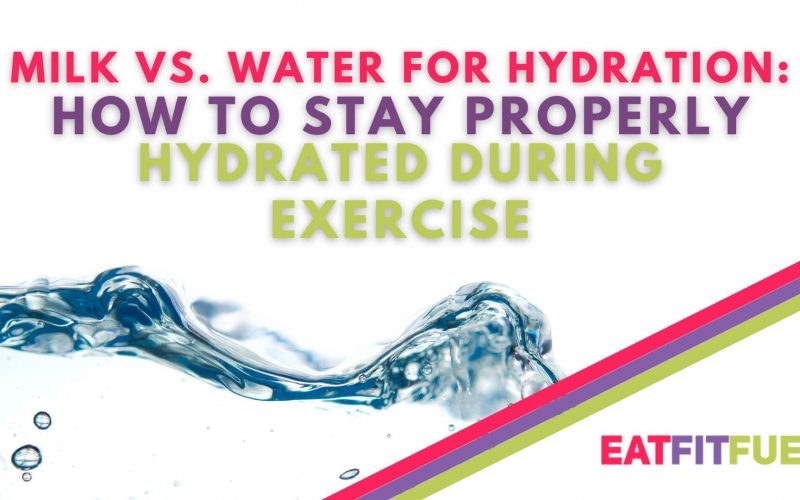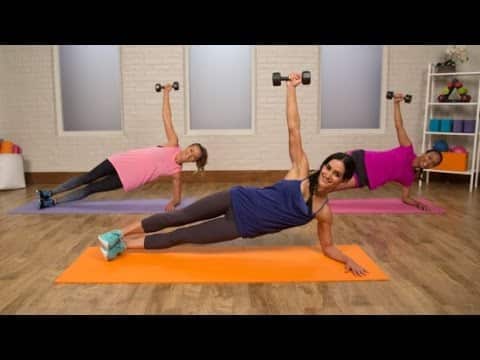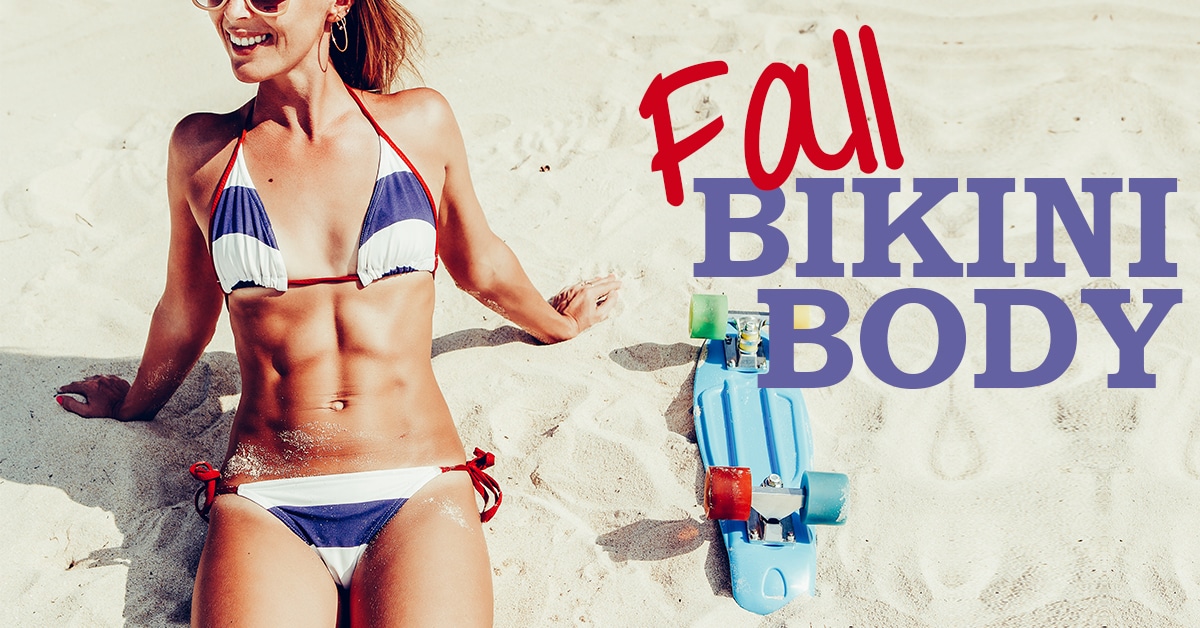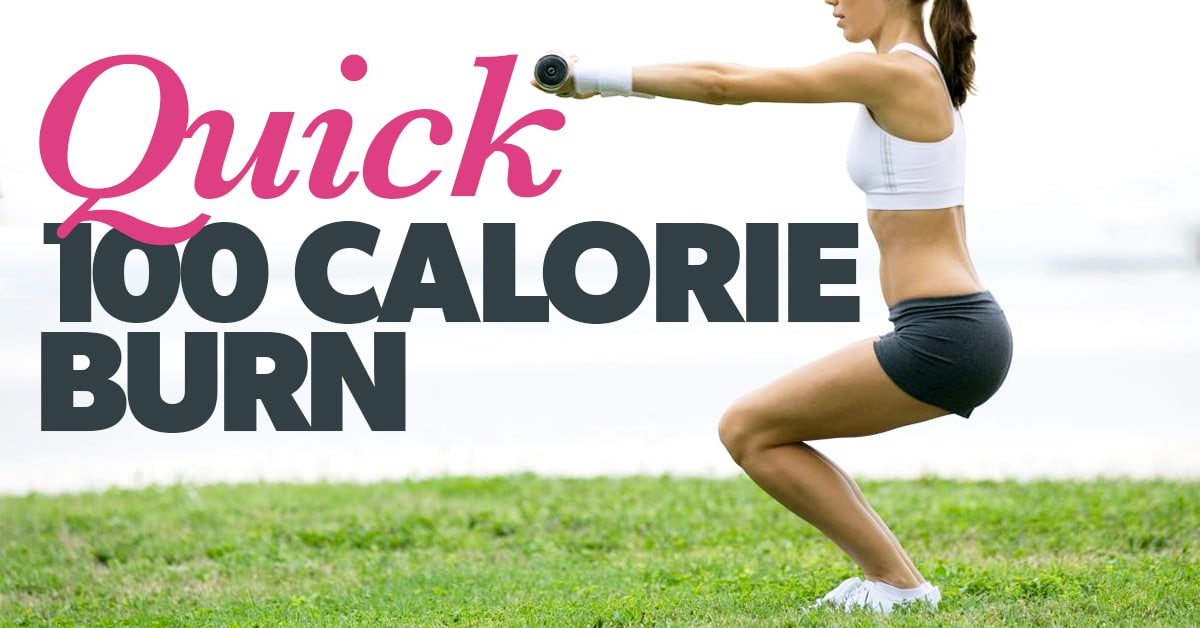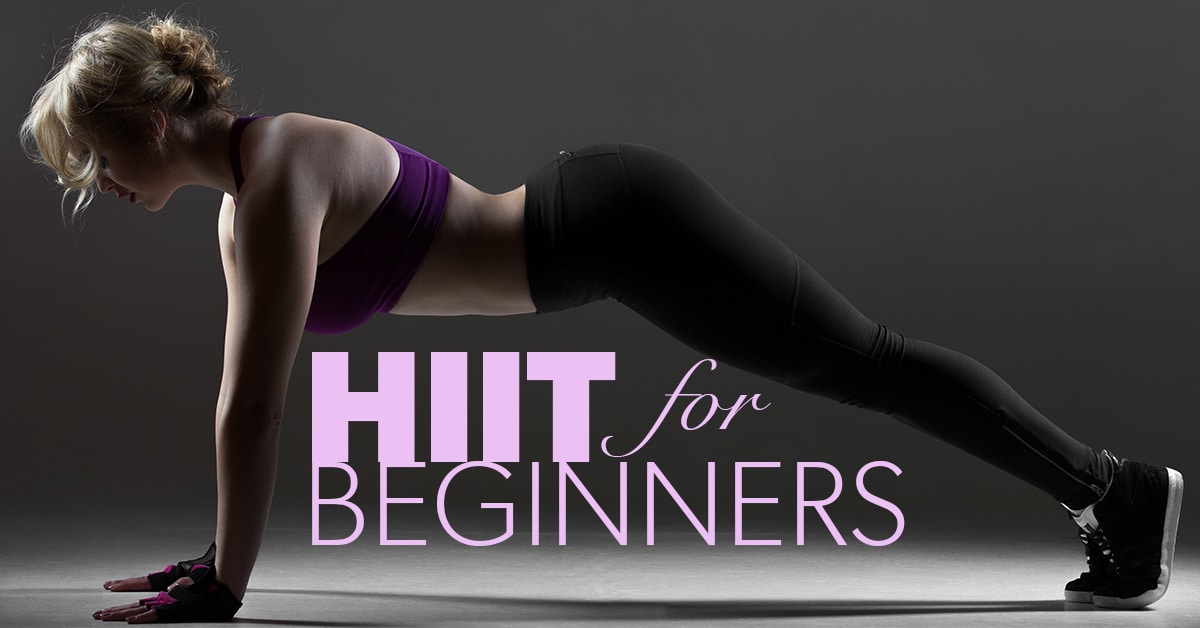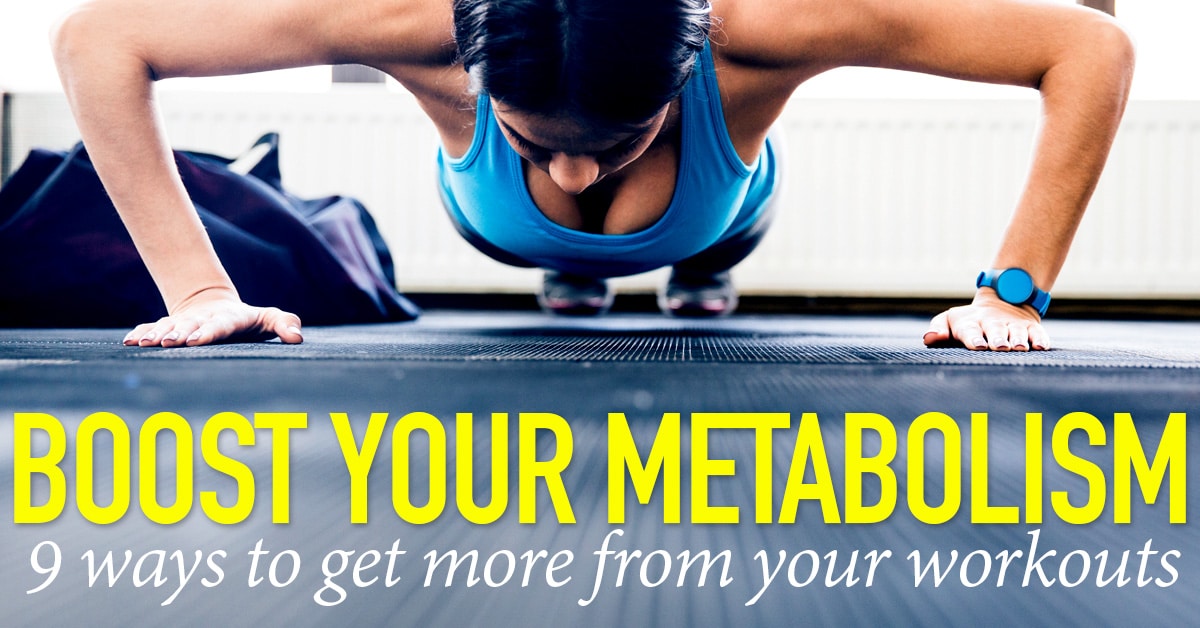Staying properly hydrated is important when you want to perform at your best during exercise. It helps you regulate your body temperature, prevent muscle cramps, keep you focused, and reduce the risk of injury.
However, the science behind hydration can be complex, with many conflicting opinions on the best drinks and strategies. In this comprehensive guide, we will be exploring the key facets of hydration during physical activity by examining scientific evidence.
Overview
The Controversy: Milk vs. Water for Hydration
Diving Deep into the Studies
Limitations and Considerations
The Broader Perspective on Hydration
The Verdict: Milk or Water?
Proper Hydration During Exercise
- Intensity and Duration of Exercise
- Body Size and Composition
- Environmental Conditions
- Type of Exercise
How Much Water Should I Drink Before Exercising?
How Much Should I Drink While Exercising?
Frequently Asked Questions (FAQs)
Conclusion
The Controversy: Milk vs. Water for Hydration
A common belief is that milk is superior to water for hydration post-exercise. This is due to milk containing electrolytes like calcium and potassium lost through sweat. This claim originated from ad campaigns of the dairy industry.
However, the science to back up this claim is still lacking. Some studies support this, but they have a few questionable areas that still make the debate of milk vs. water for hydration a bit lacking.
In a study in 2007, 11 volunteers were asked to exercise to the point of dehydration and then rehydrate with different beverages. The results showed that milk and oral rehydration solutions performed similarly, but milk resulted in less urine output compared to water.
In another study in 2016, it was also found that 7 male participants retained more fluid from milk compared to water after being dehydrated from cycling. In a similar study in 2016, it was found that chocolate milk helped maintain more fluid balance after exercise than a carb-electrolyte sports drink or water. This study had 72 male participants.
Diving Deep into the Studies
The aforementioned 2007 study induced dehydration in 11 volunteers by letting them exercise intensely in a warm environment. The participants then rehydrated with various beverages in different phases.
It was observed that milk and oral rehydration solutions showed similar fluid retention. What they observed special with milk is that it caused lesser urine output among the participants compared to fat-free milk and water.
As for the 2016 study with 7 male participants, the participants were asked to cycle in the heat until they lost 2% of their body weight through sweating. In the 4 hours after exercise, the participants were given varying amounts of milk or water. The results showed that consuming milk over water led to greater fluid retention.
The other 2016 study followed 72 male participants through an intense bout of cycling where they lost 1.8% of their body weight through sweating. In the 4 hours post-exercise, they were given either chocolate milk, carbohydrate-electrolyte sports drink, or plain water.
The results showed that chocolate milk had better maintenance of fluid balance compared to the other offered beverages.
Limitations and Considerations
These studies have very small sample sizes. The first study only had 11 participants, the second study had 7 participants, and the last study only had 72 participants.
A small sample size can be problematic because it can compromise the validity and reliability of study findings. It’s hard to trust that these small groups of participants can represent the experiences and responses of the general public. Therefore, a small sample size leads to limited generalizability, which may not apply to a broader and more diverse group of people.
The studies also had extreme exercise conditions that led to significant dehydration among their participants before rehydration. This isn’t a very good scenario to have because extreme dehydration is uncommon for most moderate exercisers.
Additionally, these studies have defined hydration by fluid retention and urine output. This may present a problem because some experts argue that hydration is better measured through body weight maintenance and blood volume restoration. This makes these studies somewhat lacking in their methodology.
We must also consider that milk contains extra calories compared to water or sports drinks. Milk provides an additional 8g of protein and 12g of carbs per cup. While protein and nutrients may benefit recovery, the extra calories that milk may bring may not be ideal for all fitness goals.
The Broader Perspective on Hydration
The milk versus water debate is a good take on hydration, but it’s important to understand the bigger picture of what hydration really is especially during exercise. The fitness industry promotes a lot of specialized drinks for hydration. However, for most gym goers, the main recommendation is to simply drink once your body signals that you’re thirsty.
Water is perfectly adequate for hydration when it comes to moderate exercise. However, for intense endurance or strength training over 1 hour, sodium and electrolytes become more important to retain fluids.
Mild dehydration of losing just 2% of your body weight can significantly impair your overall performance. It may also lead to increased heart rate, elevated body temperature, reduced blood volume, and decreased cardiac output.
Severe dehydration significantly increases the risk of heat injury. This includes heat cramps, heat exhaustion, and, in more severe cases, heatstroke. This is why you must keep yourself hydrated during exercise.
During exercise, optimal hydration comes down to properly timing fluid and electrolyte intake. Pre-hydrating before strenuous activity and matching fluid losses by drinking adequately during exercise are the keys.
The Verdict: Milk or Water?
Numerous studies compare milk and water when it comes to hydration, but they are still not enough to conclude which is the better option. There is still not enough science to back up which is the superior beverage for hydration during exercise.
Water is still the most readily available and calorie-free choice. For most people who engage in moderate exercise, water is the best option. For intense, prolonged exercise, electrolyte sports drinks can help replenish sodium and nutrients lost while sweating.
While milk has shown potential benefits in a few studies, there are still too many variables that were not taken into account in these studies. Additionally, the studies may not have statistical value due to the limited number of participants.
At the end of the day, individual factors like fitness level, exercise type and duration, sweat rate, and personal preferences determine optimal hydration choices. What is imperative is that you drink enough fluids to avoid excessive dehydration.
Proper Hydration During Exercise
There are a lot of factors to consider when it comes to proper hydration during exercise. To get a better sense of how much water you need before, during, and after a workout, here are a few things you need to consider:
- Intensity and Duration of Exercise
The longer you work out, the more fluids you’ll lose through sweat. This makes it important for you to hydrate more to replace the fluids that you’ve lost while exercising. It’s also important to hydrate with fluids with electrolytes to help control the balance of fluids in your body.
Most moderate exercises don’t produce a lot of sweat, but high-intensity workouts tend to cause more sweat. This can lead to increased fluid loss and will therefore require you to drink more.
- Body Size and Composition
Larger individuals tend to lose more fluids faster than smaller ones due to a greater surface area for sweat evaporation. Additionally, an individual’s body composition in terms of muscle mass and fat may significantly affect hydration needs.
Muscle mass contains approximately 75% water by weight, so individuals with higher muscle mass may need to drink more water.
Body fat contains relatively little water, but it acts as an insulation, which can affect thermoregulation during exercise. This is why individuals with more body fat may require more hydration. Additionally, individuals with higher body fat percentages may have a more diluted concentration of electrolytes in their body fluid.
- Environmental Conditions
Hot and humid weather conditions lead to more significant fluid loss through sweat. Cold weather can also cause increased fluid loss due to increased respiratory water loss. Additionally, cold-induced diuresis is the phenomenon when you tend to urinate more because of the cold weather.
Both hot and cold weather may lead to more fluid loss, so listen to your body’s signals when you need to hydrate more.
- Type of Exercise
Exercises that help build endurance like running or cycling may lead to more sweating than strength exercises like weightlifting. Individuals who engage in exercises like these will need to drink more water to keep themselves hydrated.
How Much Water Should I Drink Before Exercising?
Most people think that all you need to remember is that you should hydrate while in the middle of your workout. Although true, hydrating before you exercise is just as equally, if not more, important than mid-workout.
Ideally, you should start hydrating before you start working out. Aim to consume 500-600 ml of water 2-3 hours before you exercise. This gives your body enough time to absorb and distribute the fluid before you start working out.
If you urinate before working out and notice that your urine has a dark yellow or amber hue, this is a sign of dehydration. Make sure that you drink at least one glass of water before you start working out.
If you’re anticipating a particularly long or intense workout, you may want to consider hydrating with a sports drink. This will help with retaining fluids in your body because it contains electrolytes.
This is a trial and error process. Some people feel more comfortable working out without drinking beforehand. It makes them feel less bloated and more ready to lift heavy weights. Meanwhile, other people perform better if they hydrate beforehand.
How Much Should I Drink While Exercising?
For proper hydration during exercise, it’s a good practice to hydrate every now and then instead of waiting to get thirsty. Just make sure that you don’t consume too much water or sports drinks because that may also affect your overall performance while working out.
When you notice that you start to sweat too much, that’s a sign that you should take a sip of water. Also, look out for signs like dry lips, dizziness, or dark urine. These are also signs that you should hydrate more.
Frequently Asked Questions (FAQs)
Is the claim that milk hydrates better than water universally accepted?No, because this claim is still not scientifically proven. There are only a few studies that support this, so we need more studies to back it up. For most people engaging in moderate exercise, plain water is enough to keep themselves hydrated.
How do sports drinks compare to milk and water for hydration?Studies that directly compare sports drinks, milk, and water have mixed results. It can be seen consistently through studies though that sports drinks can help maintain electrolyte balance and fluid levels better than water. But if you don’t engage in intense exercise like endurance and strength training, sports drinks do not offer any advantage over milk or water.
Are there any risks to choosing milk over water during exercise?In small studies, milk has shown numerous benefits for rehydration. It’s important to note though that milk contains extra calories and sugar compared to water. This may not work in favor of the fitness goals of some individuals.
Conclusion
Staying properly hydrated during exercise or any other physical activity is vital for your performance and overall well-being.
For most individuals who are only engaging in moderate exercise, water is the best hydration source. If you engage in intense exercises, it’s better to go for sports drinks because they contain electrolytes that help maintain fluid balance.
Ultimately, paying attention to your unique individual needs for hydration and listening to your body’s signals is the key.
